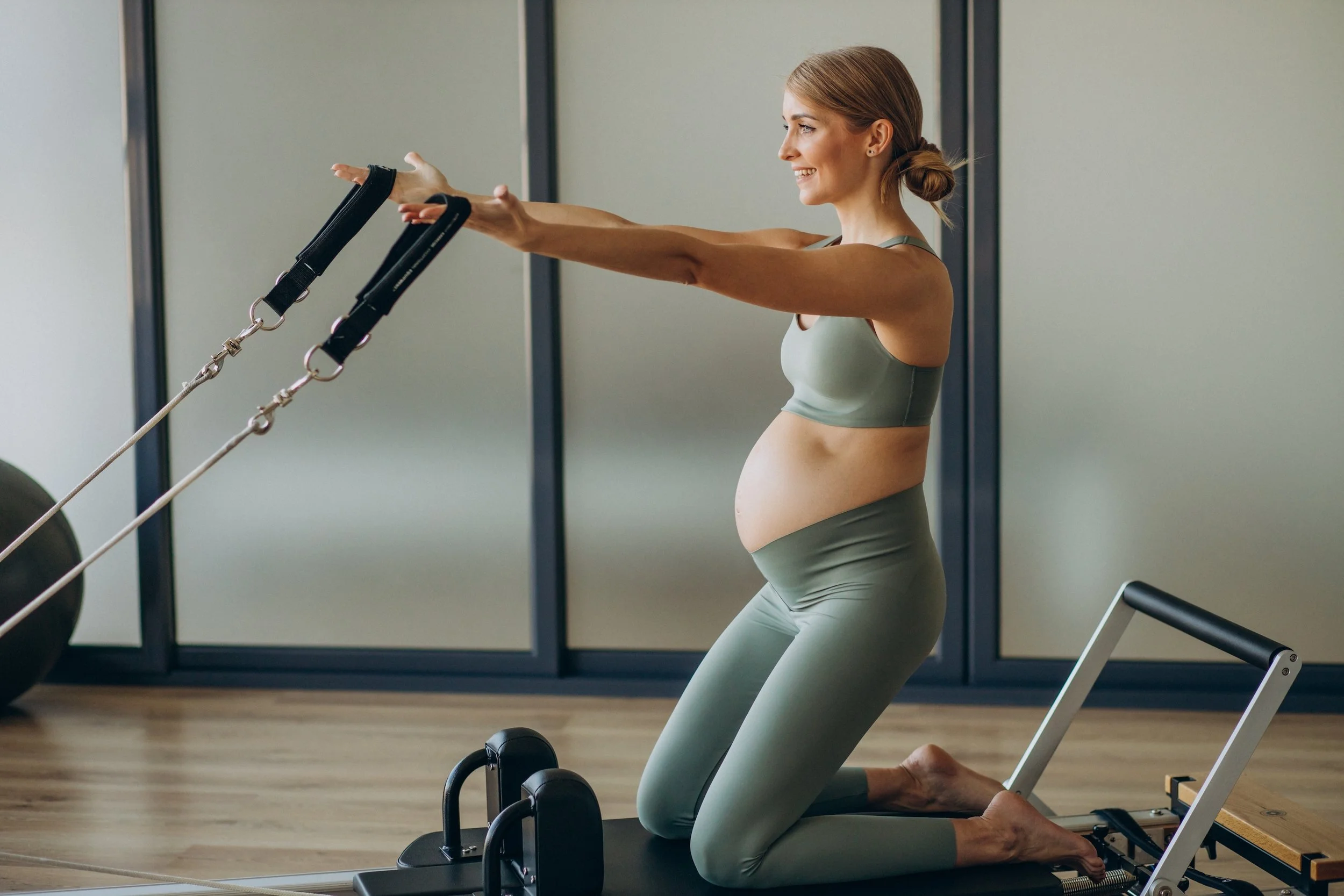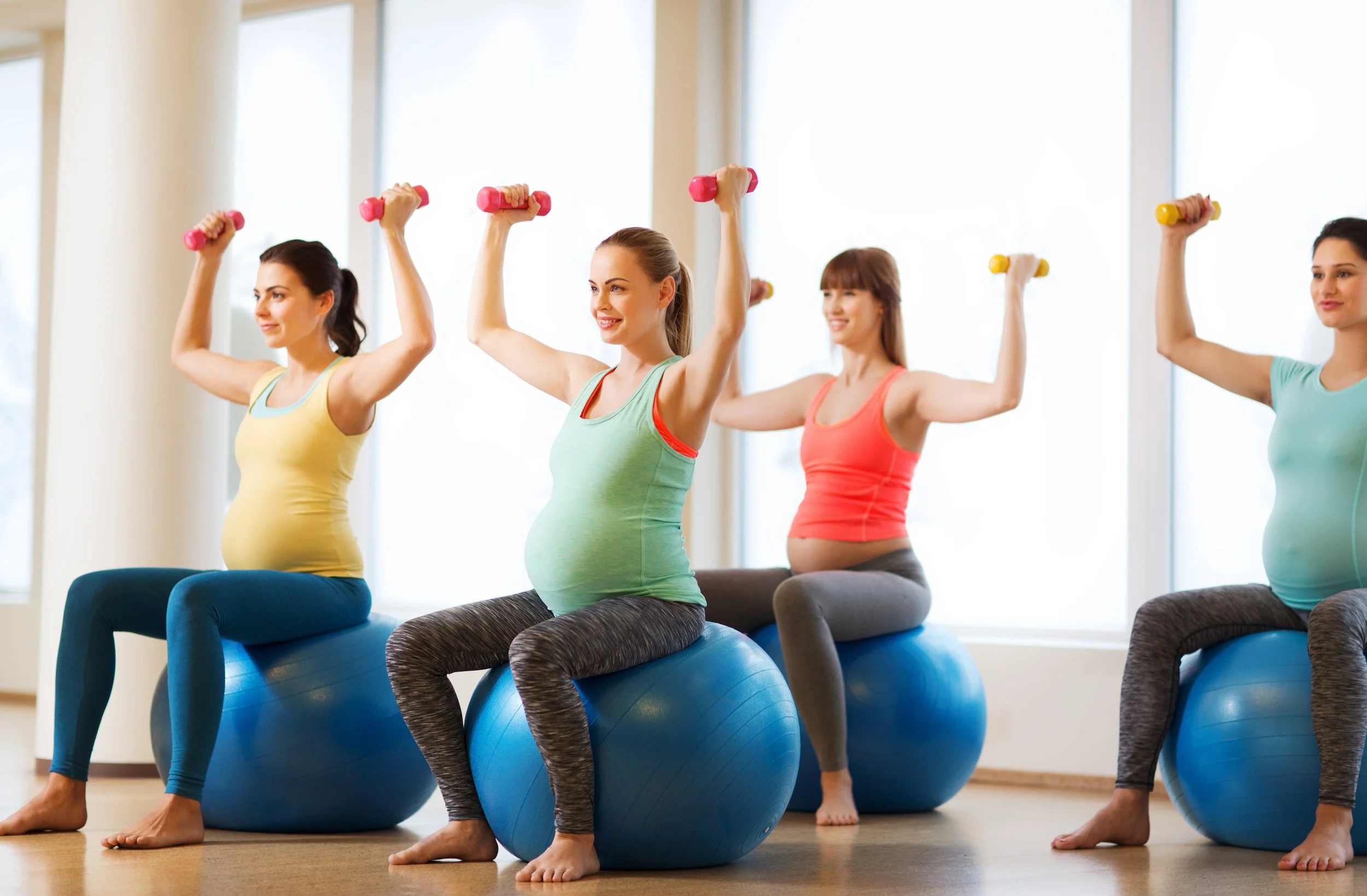Why Pregnant Women Should Consider Doing Prenatal Pilates
What is prenatal Pilates?
Prenatal Pilates is a type of exercise that focuses on strengthening and stretching the muscles that support a woman's changing body during pregnancy. It is a modified version of traditional Pilates, which is a form of exercise that focuses on strengthening the core muscles, improving flexibility and balance, and promoting overall body awareness.
What is the difference between traditional Pilates & prenatal Pilates?
The main difference between prenatal Pilates and traditional Pilates is that prenatal Pilates is specifically designed to meet the unique needs of pregnant women. The exercises are modified to accommodate the changes in a woman's body during pregnancy, such as the shifting center of gravity and the hormonal changes that affect the joints and ligaments. The other difference is that there’s more of a focus on the transverse abdominis, which is that deepest layer of abdominal muscles that wrap around and support the spine. The emphasis is on building and reinforcing the support system, instead of increasing the strength of the abdominal contraction. The attention on deep breathing and the mind-body connection helps to prepare mothers for labor and childbirth.
Prenatal Pilates can be an excellent form of exercise for pregnant women because of its many physical, mental, and emotional benefits. Some of the specific benefits of prenatal Pilates include:
Physical Benefits
Strengthens the pelvic floor and core muscles balancing flexibility and strength
Improves posture and alignment which helps prevent pregnancy-related aches and pains
It is low impact and emphasizes joint stability. Due to the increase in the hormone, relaxin, the ligaments are more relaxed and unstable during pregnancy, specifically in the pelvis.
Helps to balance blood pressure, prevent varicose veins, reduce water retention and gestational diabetes
Prepares the mother for labor and delivery and expedites postpartum recovery
Helps prevent or manage diastasis recti (separation of the abdominals)
Mental & Emotional Benefits
Creates greater awareness of the body as it goes through so many changes
Balances the mind and improves control over thought and emotions
Improves sleep, mood, energy, and self-esteem
Releases endorphins which are hormones that help make you feel good, assist with labor, and help prevent postpartum depression
Teaches the mother how to breathe efficiently, meditate, and relax
Self-care and a very special time for the mother to dedicate to herself before baby comes
Overall, prenatal Pilates is a safe and effective form of exercise for pregnant women, provided they get clearance from their healthcare provider and work with a qualified instructor who is experienced in working with pregnant women.




